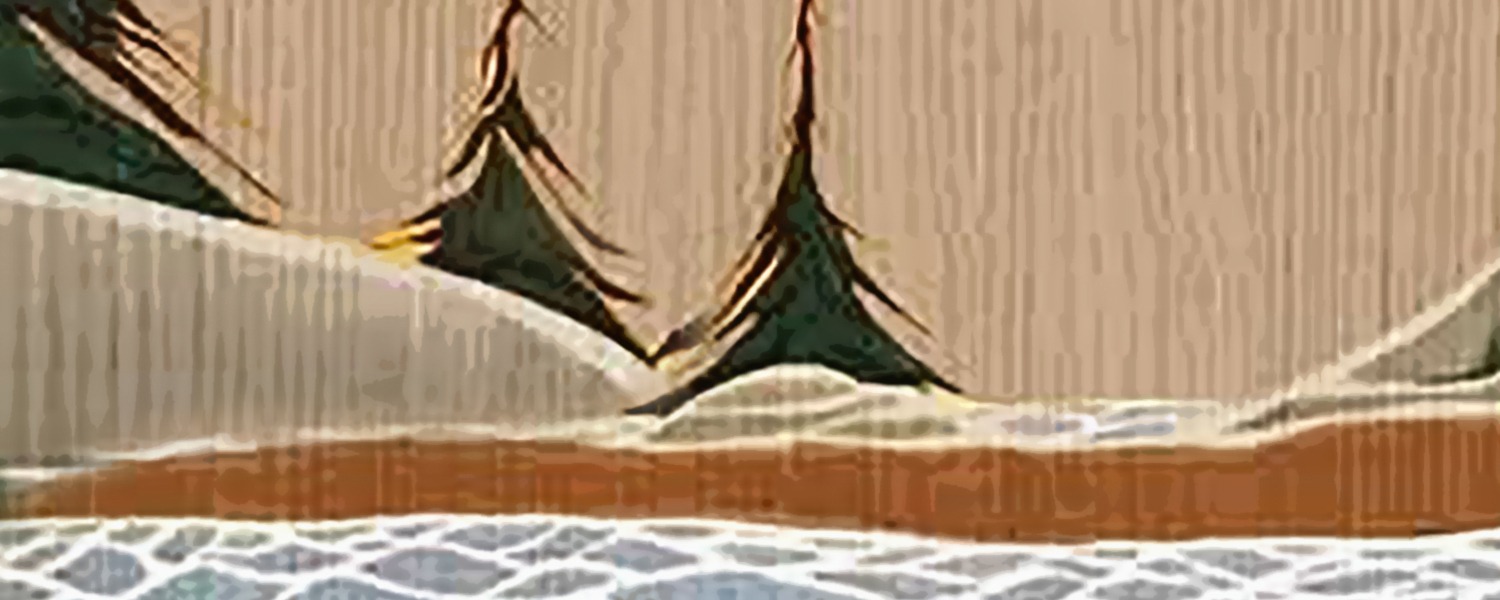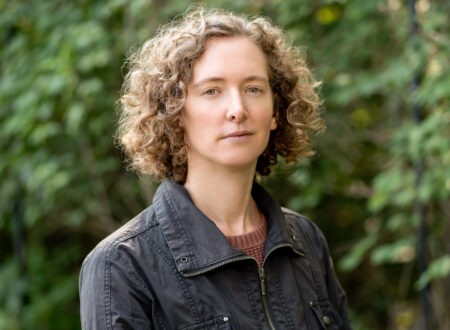First Nations across Canada won a groundbreaking human rights case today. It held that the federal government has been discriminating against First Nations people by underfunding child welfare on reserves. Vulnerable children have been most directly and adversely affected by this discrimination.
The Canadian Human Rights Tribunal released its long-awaited decision in Caring Society v Canada this morning. The Tribunal’s decision confirms the merits of the complaint first made in 2007 by the First Nations Child & Family Caring Society and the Assembly of First Nations.
The Tribunal found that federal funding policies “have resulted in denials of services and created various adverse impacts for many First Nations children and families living on reserves” (para. 458). First Nations are receiving worse services in child protection and prevention, and in some cases are completely missing services that are available to other Canadians off reserve.
It held that this discriminates against First Nations people, and is against the law – specifically, it is contrary to the Canadian Human Rights Act.
What does this discrimination mean in practice for First Nations kids and families? The Tribunal gave many examples, but perhaps the most severe is that federal funding formulas build in “the incentive to take children into care – to remove them from their families” (para. 386).
In other words, due to discriminatory funding, many First Nations children are being removed from their homes in greater numbers than would be necessary based on abuse or neglect. Families are needlessly broken up. It has been going on for decades, and is still happening now.
It is especially powerful that the Tribunal therefore drew clear connections to Residential Schools: “By focusing on bringing children into care, the [current federal funding policies for First Nations child welfare] perpetuate the damage done by Residential Schools rather than attempting to address past harms.” (para. 422)
In the wake of the Residential Schools apology in 2008 and the recent release of the final report of the Truth and Reconciliation Commission – which include several Calls to Action about reforming child welfare – it is clear that there is a lot of work yet to be done in child welfare if we are to fully close the chapter on Residential Schools.
The Tribunal ordered the federal government to cease its discriminatory practices and reform its First Nations child welfare funding policies. The government was also ordered to immediately and fully implement the full meaning and scope of Jordan’s Principle, which is about ensuring that jurisdictional disputes between governments do not delay or deny services to First Nations children when the service is normally available off reserve. More orders may follow later, as the parties to the case are invited to make additional submissions on further remedies.
The implications of this decision are massive. Yes – this case dealt with child welfare. But its logic – that the federal government cannot, by law, provide First Nations with worse services than those enjoyed by other Canadians – applies equally well to other services.
That logic sounds obvious, but it could be a major breakthrough. Whether it is education, health care, policing, safe drinking water or other programs, it is well known that First Nations experience many gaps in essential services, with devastating impacts on quality of life. What’s new is that it is now quite clear that those gaps are not only a moral liability for the federal government, but a legal liability as well.
Let’s hope that closing those gaps finally becomes top priority. First Nations kids and families deserve no less.
By Kaitlin Ritchie and Judith Rae
Related Posts

OKT Podcast - Overview of the Reference on Bill C-92
Tuesday, February 20, 2024
We are excited to introduce the inaugural episode of the OKT podcast!
In this debut installment, Jesse Abell, Krista Nerland, and Judith Rae discuss the intricacies…
Read More...
Five Years of C-92: Progress Made and the Road Ahead for Indigenous Jurisdiction in Child and Family Services
Tuesday, April 22, 2025
An Act respecting First Nations, Inuit and Métis children, youth and families came into force over five years ago on January 1, 2020. It is frequently…
Read More...
First Nations: Did some of your members go to residential school?
UPDATED DEADLINE: JUNE 30, 2022
First Nations: Did some of your members go to residential school?
If yes, there is a class action underway now that may apply to you,…
Read More...

